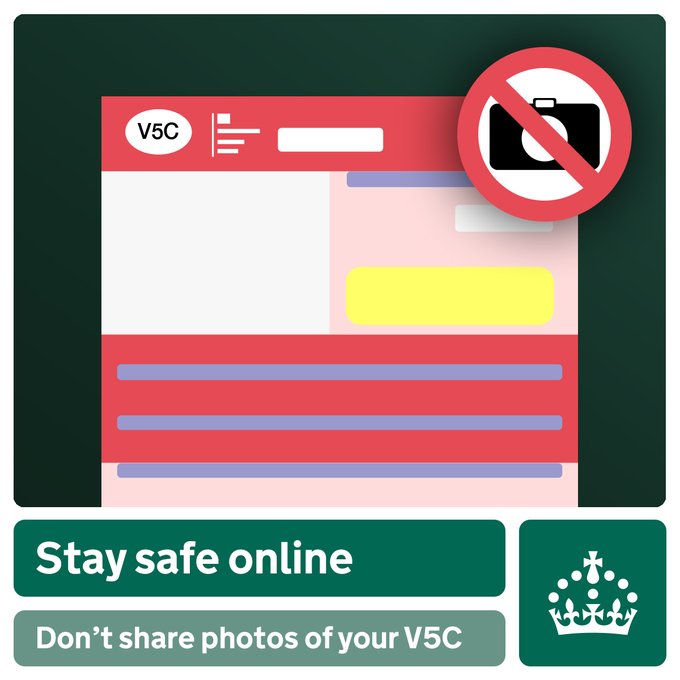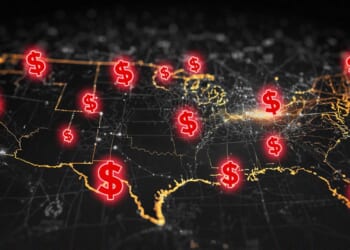THE DVLA has issued an urgent warning to motorists over a simple mistake that could cost thousands when buying a car.
Crooks are becoming increasingly wise to what is being posted online – using personal information to target individuals financially.
In a statement posted earlier this week, the driving authority cautioned drivers to be vigilant when sharing documents containing details of their identity online.
More specifically, sharing a V5C log book on social media could lead to identity theft, which could leave you thousands of pounds in debt.
These documents contain key information on a car such as the vehicle’s registration and identity number, and engine specification.
But they also hold a plethora of information about owners.
Details such as a person’s full name and address are enough to put them in serious risk.
The DVLA said: “Stay safe online – don’t share photos of your V5C log book on social media or selling sites, as scammers can use them for identity theft.”
This comes as the the driving authority warned driver last month about criminals’ increasingly slick methods to steal personal and financial details — posing as the Driver and Vehicle Licensing Agency through fake websites, texts and emails that look alarmingly legit.
Scams range from bogus tax refund promises to “too good to be true” offers to wipe penalty points from your licence.
One of the most reported cons includes emails claiming failed vehicle tax payments — luring drivers to click on links that lead to fake DVLA sites designed to nick your information.
A DVLA spokesperson said: “We never ask for bank or credit card details by text message or email, so if you receive something like this, it’s a scam.
“Customers should report suspicious emails to the NCSC immediately. Anyone concerned they may have been a victim of fraud should contact the police through Action Fraud straight away.”
According to Action Fraud, more than 1,100 reports of fake DVLA emails rolled in over just a two-week period, with fraudsters pretending to be the agency and tricking users into handing over sensitive data.
Tony Rich from the AA warned: “Some scams can be quite sophisticated and difficult to detect.
“For example, if you get a vehicle tax reminder from the DVLA ensure that you respond online to the official government site www.gov.uk/vehicle-tax rather than some of the bogus sites that come up when you search and then apply a commission for doing absolutely nothing.
“If in doubt, don’t engage or follow the link.”
What to do if you think you’re being scammed
The DVLA recommends you do the following:
- Forward suspicious emails to report@phishing.gov.uk and The National Cyber Security Centre (NCSC) will investigate it.
- Forward suspicious text messages to 7726 as this will flag the potential scam to your phone provider.
- Report scam or misleading adverts to the Advertising Standards Authority. You can report adverts found online, including in search engines, websites or on social media.
- You can also report scam or misleading adverts to Google or Bing if you found them in search results
- Contact Action Fraud if you think you’ve lost money or been hacked because of an online scam or fraud and you’re in England or Wales.
- If you’re in Scotland and you’ve lost money because of an online scam or fraud, report the crime to Police Scotland.









